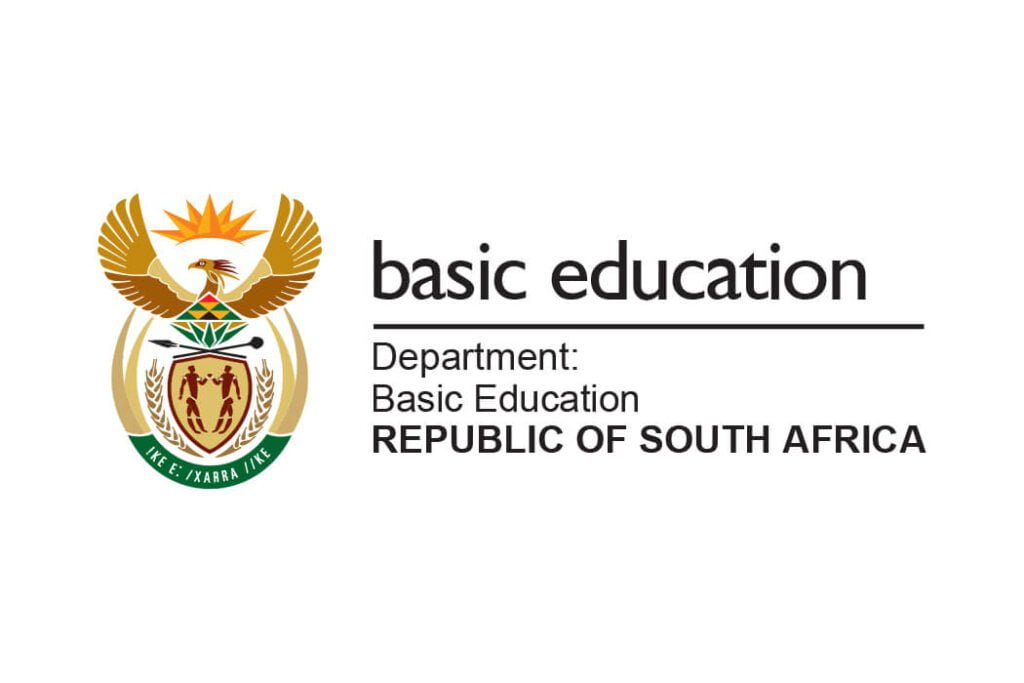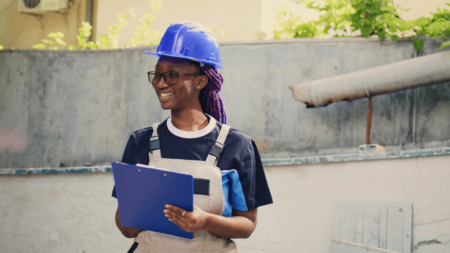South Africa’s Department of Basic Education: Ensuring Foundations for the Future
Introduction The Department of Basic Education (DBE) holds the responsibility of overseeing primary and secondary education in South Africa. Its mandate is not just about literacy and numeracy but encompasses the broader goal of ensuring a holistic, inclusive, and quality education for all South African children.
Historical Context The current DBE emerged post-apartheid, with the government’s intent to redress the education system’s historical inequalities. Initially, education was managed by one comprehensive department, but in 2009, it was split into the Department of Basic Education and the Department of Higher Education and Training to address the specific challenges in each sector.
Organizational Structure Headed by the Minister of Basic Education, the DBE operates with several branches, including Curriculum Policy, Support and Monitoring; Teachers, Education Human Resources and Institutional Development; Planning, Information and Assessment; and more.
Key Mandates
- Curriculum Development and Implementation: This involves the design and rollout of the national curriculum, ensuring it remains relevant, inclusive, and competitive on a global scale.
- Teacher Development and Support: The DBE focuses on training educators, providing continuous professional development opportunities, and ensuring the wellbeing of teachers.
- Assessment and Examinations: The department oversees national assessments, including the pivotal National Senior Certificate (Matric) examinations.
- Infrastructure Development: This involves ensuring safe, conducive learning environments by addressing infrastructure challenges in schools, from sanitation facilities to classroom adequacy.
- Learner Welfare: Beyond academics, the DBE also runs programs for learner health, nutrition, and psychosocial support, including the National School Nutrition Programme.
Strategic Partnerships and Collaborations The DBE collaborates extensively with provincial education departments, non-governmental organizations, international bodies, and the private sector. Initiatives such as the “Read to Lead” campaign have seen partnerships that aim to improve literacy rates across the nation.
Key Achievements
- Improving Matric Pass Rate: Over the years, there has been a gradual improvement in the National Senior Certificate pass rate.
- Introduction of the Three-Stream Model: Diversifying the curriculum to include Technical Vocational and Technical Occupational streams alongside the Academic stream.
- Digital Education Initiatives: Efforts to integrate technology into learning, such as e-Education and digital content delivery.
- Inclusive Education: Ensuring access and support for learners with special needs.
Challenges and Controversies While the DBE has had its successes, challenges persist:
- Infrastructure disparities, with some schools still lacking basic amenities.
- Controversies related to curriculum content and its relevance.
- Teacher shortages and disputes.
- The impact of external challenges, such as the COVID-19 pandemic, on schooling.
Budget and Funding The DBE’s budget is a significant portion of South Africa’s national budget, reflecting the government’s commitment to education. Funds are allocated for infrastructure development, teacher salaries, learning materials, and support programs.
Future Prospects and Strategic Goals The DBE’s ongoing goals include:
- Strengthening Early Childhood Development.
- Enhancing the professionalism and capabilities of educators.
- Driving digital education forward, ensuring tech-integration in classrooms.
- Ensuring that schools are inclusive, safe, and supportive spaces for all learners.
Contact The Department of Basic Education (DBE)
National Office
Address: 222 Struben Street, Pretoria
Call Centre: 0800 202 933 | callcentre@dbe.gov.za
Switchboard: 012 357 3000
Conclusion The Department of Basic Education stands as a testament to South Africa’s commitment to its future generations. While challenges remain, the strides made since the advent of democracy in shaping an inclusive and quality basic education system are commendable. The DBE continues to adapt, aiming to provide an education that equips learners not just with knowledge but with the values and skills to navigate and shape the 21st century.






